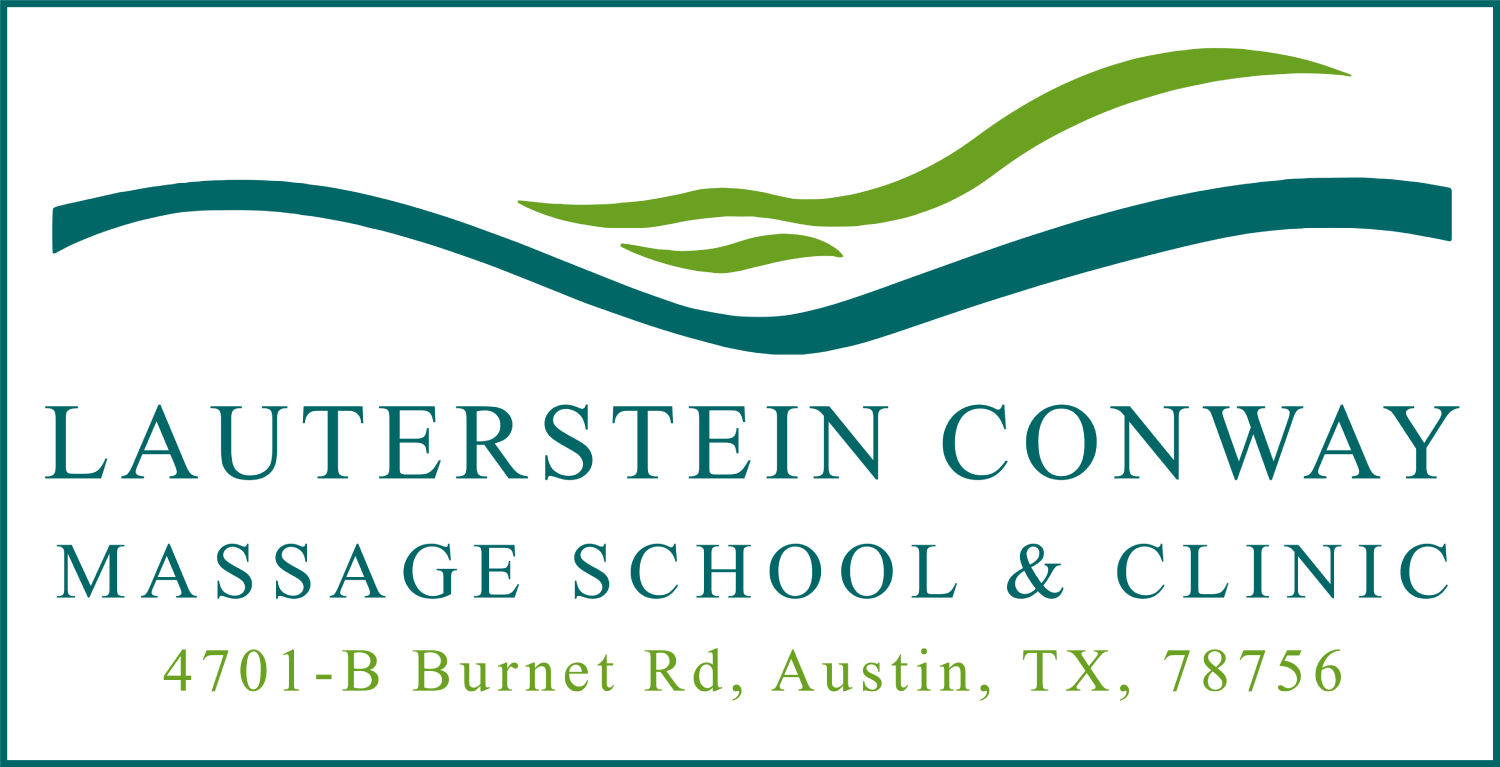When I went to massage school I just knew I wanted to be a massage therapist. During a business class the teacher wanted to know what services we planned to offer and what populations were we interested in. This was the first time I had thought of offering different techniques as a part of what I did as a massage therapist.
The idea of having a utilitarian technique wasn’t that appealing to me. I didn’t look forward to the sports massage segment of the program, I didn’t play sports in school and I don’t follow sports on TV.
What caught my attention though was the people who came to teach us sports massage were making money doing something they loved.
One of the things that struck me about their teachings was they were results-based and could give facts and figures about the effects of massage. There was no mystical talk of energy or interconnectedness, it was all straight forward.
I know that when you start talking about energy you lose some people and sports massage seemed to be a way to reach the non-energy people. So I eventually signed up for a sports massage certification. If nothing else, I thought, athletes get hurt on a regular basis so maybe that would be a plus for my practice. As I learned more I found out that there was a whole lot more to it than just helping with injuries.
Sports Massage: Solution Oriented
When I moved back to Austin to set up shop there was more of a demand for sports massage than anything else, so I was glad that I could offer it as a service. People seemed more interested in it than just relaxation massage. For many, sports massage meant something different than relaxation massage. Sports massage was taken seriously because it addressed problems. It helped make you better at what you were doing. I didn’t have the heart to tell people that what they knew as sports massage was basically Swedish massage.
Because of the word “sports”, massage became more acceptable and desired. However the people seeking Sports massage seemed to know a lot about their bodies and depended on them to work at very high levels. I felt like I was being held to a higher standard and I’m glad that I got the sports massage certification because I could talk to these people on their level and often educate them in important ways. Sports massage helped me to learn to talk about massage in a way people could understand and relate to. When you can talk about recovery times being faster, you get people’s attention. When you can talk about helping with injuries and function, people get interested in what you do.
The great thing about sports massage is that it applies to every aspect of your athletic life. From pre- event to post-event to maintenance, there is a powerful benefit. And the more I’ve done it, the more I’ve seen benefits in the whole person’s life, not just in their performance.


